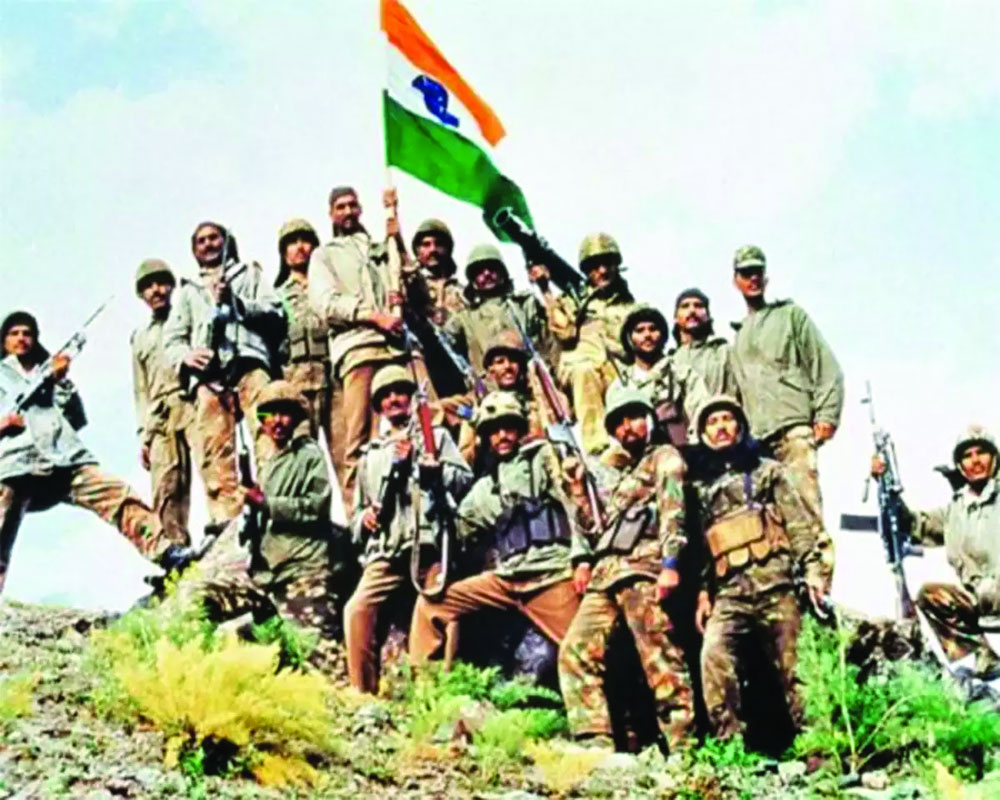Many lessons have been learnt from Kargil but the deep distrust of Pakistan remains
The news that Pakistani Army regulars had infiltrated into India from across the Line of Control (LoC) didn’t just take our civilians by shock, it took the political and military establishment by complete surprise as well. It was extremely fortuitous how the information of the infiltration had reached the government and the senior military brass at Army Headquarters. But once both the military and political leadership became aware of the seriousness of the crisis, they began to take matters up extremely seriously. Yet, despite the Army’s assurances, Kargil was not a short war. Although Pakistan disowned its own troops, they held on to the higher ground fairly determinedly as we lost many brave, young men from across the country trying to recapture snow-capped heights. As far as serious high-altitude warfare goes, Kargil took it to a new level. But reclaim the heights we did and forced the Pakistani position. What was shocking to the then Prime Minister Atal Bihari Vajpayee was the fact that he believed that India and Pakistan were close to an agreement. The Delhi-Lahore bus service had recently started and Vajpayee himself had led what he believed was a successful trip across the border. One thing the Indian establishment realised immediately was that the Pakistani Army did not like losing control and was fiercely opposed to peace with India. That said, just a few years later, Pakistani military dictator Pervez Musharraf, who had orchestrated the attacks, travelled to Agra to discuss improving ties with India. The talks failed and despite some attempts, both official and unofficial, our relations with Pakistan are at new lows, particularly after the Balakot airstrikes.
Several things have changed from 1999. First and foremost, the role of the US. Back then, former US President Bill Clinton was beginning the process to improving ties with India in the post-Cold War scenario. But today, China, Pakistan’s “all-weather” friend, is a global force and if a Kargil scenario repeats, things could be different. The fact that the intrusions took place at all was due to failures in intelligence gathering in the military establishment. The reasons the war took longer than expected was due to an initial shortfall of military hardware. Both these issues have been addressed to some extent but huge gaps remain in capital expenditure. The lessons of 1999 have been learnt to a degree, one of which is to not trust the Pakistani establishment that negotiates with a gun to its head. But other lessons partially learnt and changed realities of geopolitics will make any revision test much harder. We should hope it does not come to that.


























